Fullway Tires offers a practical solution for drivers searching for affordable and functional tire options. Positioned as a budget-friendly brand, it attracts consumers who value economy without giving up safety or basic comfort.
Ideal readers include everyday commuters, families, and budget-conscious car owners seeking reliable tires that meet general driving needs.
Let us talk about Fullway Tires in greater detail.
Performance Review
Performance assessment of Fullway Tires reveals a balanced combination of safety, affordability, and consistency under typical driving conditions.
Drivers who prioritize dependable function and daily comfort will find these tires sufficient for routine use.
Each performance factor is examined to show how the tires behave under different scenarios, including dry, wet, and snowy roads, as well as their comfort levels and response to high-speed driving.
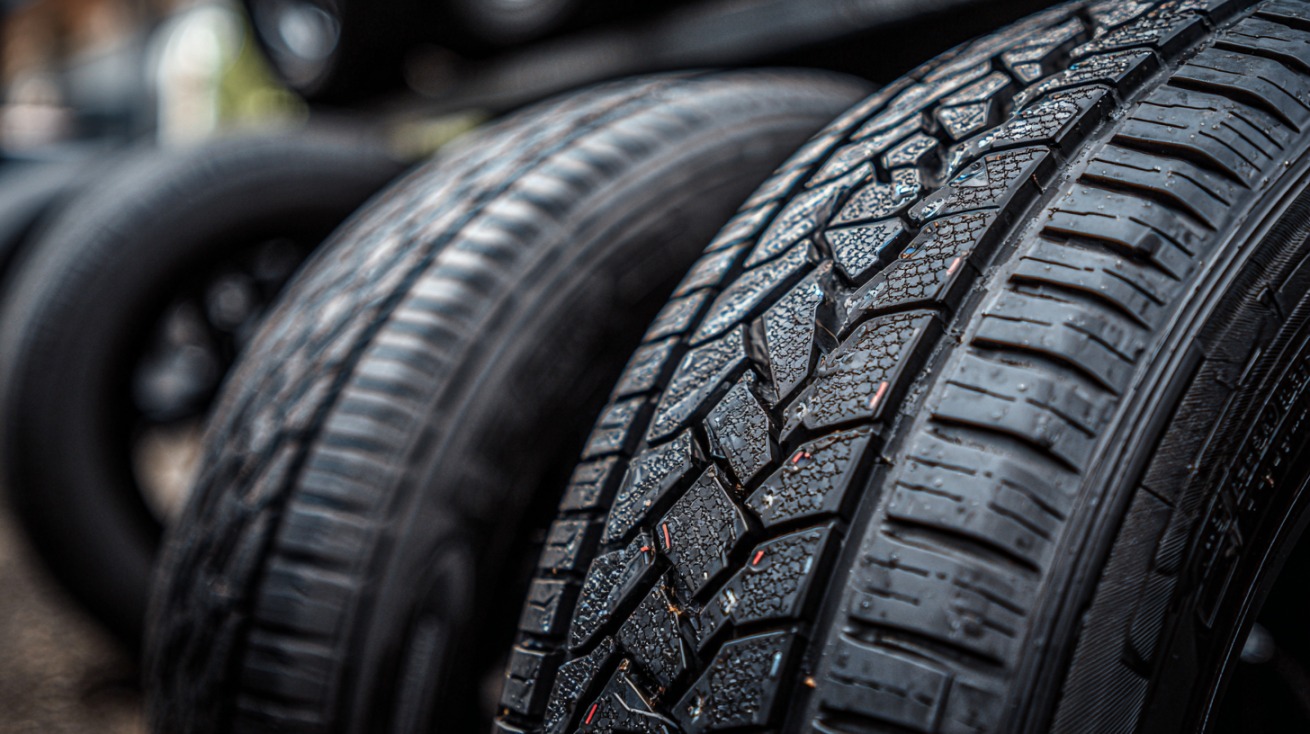
Dry Road Performance
Driving on dry pavement remains the strongest area for Fullway tires. Stability and control hold up well during city commutes and highway trips.
Popular models such as HP108 demonstrate reliable traction for cornering and braking. Drivers can maintain steady control without noticeable vibration or slipping.
- Reliable grip at speeds under 70 mph
- Predictable braking distance on dry surfaces
- Balanced handling for compact cars and sedans
- Consistent performance during daily commutes
Their performance makes them suitable for everyday driving, but not for those seeking track-level speed or aggressive cornering.
Wet Conditions
Fullway Tires perform adequately in moderate rain, providing drivers with a safe balance of traction and stability.
The company uses asymmetric or V-shaped tread designs to channel water effectively, reducing the risk of hydroplaning. Silica-enriched compounds help retain grip on slick surfaces.
- Silica-infused tread for added traction
- Grooves that disperse water efficiently
- Gradual decline in grip under heavy rain
- Need for cautious driving during intense storms
While dependable for light to medium rainfall, performance starts to decline in deep puddles or fast-moving water, especially at higher speeds.
Snow and Ice Handling
Winter weather introduces more challenges for Fullway tires. Without specialized snow or winter models, traction in icy or snowy conditions remains limited.
All-season options can handle light flurries or short distances in mild winter areas but lose stability in freezing environments.
- Minimal traction on packed snow or ice
- Reduced braking power in freezing conditions
- Lack of designated winter tire models
- Suitable only for drivers in moderate climates
Those living in regions with severe winters would benefit from switching to dedicated snow tires during colder months.
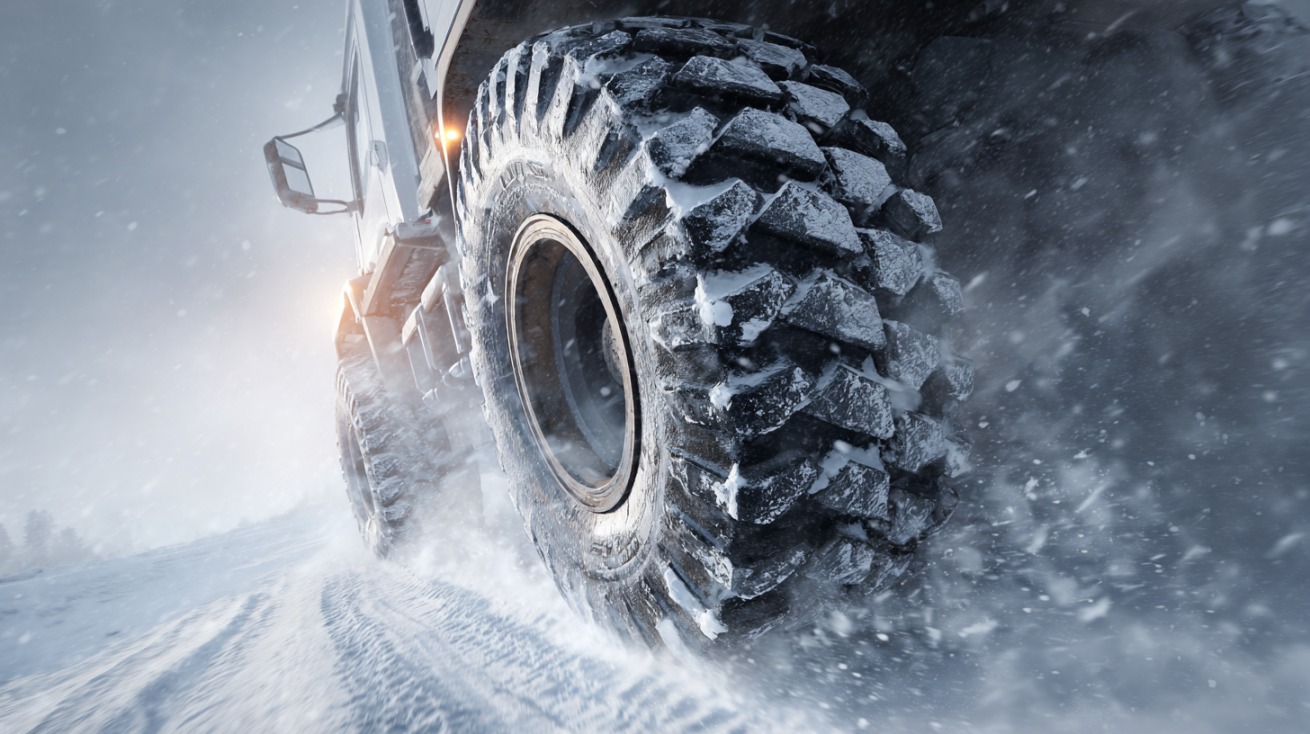
Comfort and Noise
Comfort and noise control often define driving quality, and Fullway manages this balance effectively for its price range.
Tires absorb minor road imperfections, maintaining a smooth ride for both short commutes and long trips. Sound levels increase slightly above 65 mph but remain within acceptable limits for most drivers.
- Soft tread composition that reduces vibrations
- Moderate road noise even at higher speeds
- Stable ride comfort for family or daily driving
- Well-balanced tread pattern for smoothness
Budget-focused drivers often appreciate the combination of low cost and respectable comfort offered by these tires.
High-Speed and Sport Use
Fullway tires show noticeable differences when pushed into performance-oriented conditions. They are built primarily for safety and endurance, not for aggressive or high-speed handling.
Grip begins to decline as speed surpasses 75 mph, and braking distances extend slightly under such conditions.
- Reduced cornering control at elevated speeds
- Moderate traction fade above 75 mph
- Slower braking response under load
- Prioritization of safety over performance
Ideal users include drivers who value comfort, daily practicality, and consistent performance for city or highway use, rather than sport enthusiasts.
Tire Models Overview
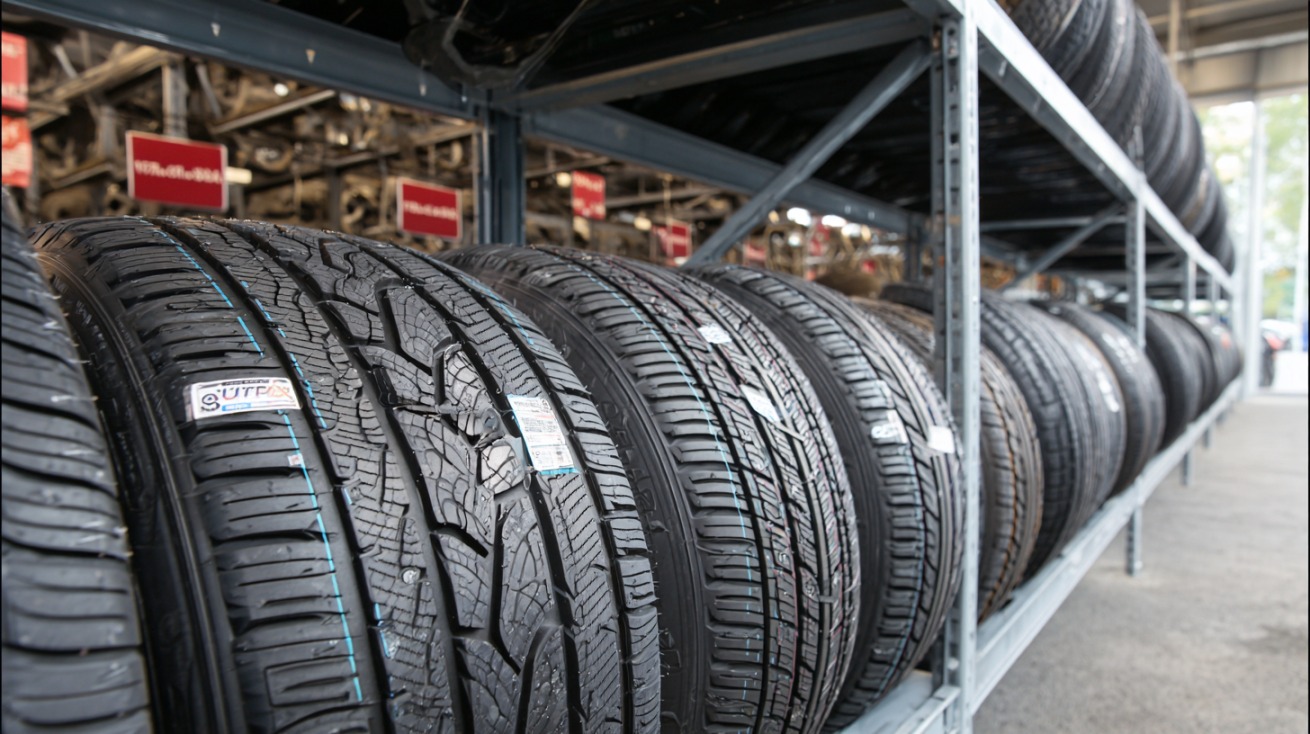
An overview of Fullway’s tire lineup reveals variety in size, structure, and purpose. Each model serves a specific driving need, allowing users to choose according to their vehicle type and regional weather conditions.
Fullway HP108
Fullway HP108 remains the most popular model for general-purpose use.
Its all-season design ensures year-round usability while maintaining affordability. Balanced traction and dependable grip make it ideal for everyday driving.
- All-season performance suitable for sedans
- Consistent dry and wet road grip
- Smooth ride quality for highway use
- Budget-friendly pricing for commuters
Drivers looking for value and reliability without demanding performance find HP108 a sensible choice.
Fullway HS266
Fullway HS266 is tailored for SUVs and light trucks that need durability and occasional off-road strength.
Its reinforced construction withstands heavier loads and heat, making it ideal for long-distance drivers or delivery vehicles.
- Tough structure for SUV and light-truck use
- Good heat resistance during long drives
- Mild off-road traction on gravel or packed dirt
- Dependable performance for mixed-use driving
Durability and adaptability make HS266 a solid option for those needing dependable all-purpose tires.
Fullway PC369
Fullway PC369 targets everyday passenger cars requiring comfort, stability, and reliability in mixed weather.
Its tread design provides consistent grip while maintaining quiet performance in wet and dry conditions.
- Smooth handling for daily commutes
- Balanced traction under varying conditions
- Comfort-focused structure for urban use
- Steady braking and cornering at normal speeds
Drivers in urban environments find PC369 reliable for city travel and highway cruising.
Other Mentioned Models
Additional models such as HS288, HS998, and HP208 expand Fullway’s reach to a broader market.
They share the same focus on affordability and general-purpose use. While they do not include mileage warranties, their low cost offsets potential lifespan limitations.
- Basic all-season capability
- Good option for short-term or secondary vehicles
- Lower cost per tire for fleet or delivery operations
Practical pricing makes these models appealing for cost-conscious drivers who prioritize function over longevity.
Price and Value
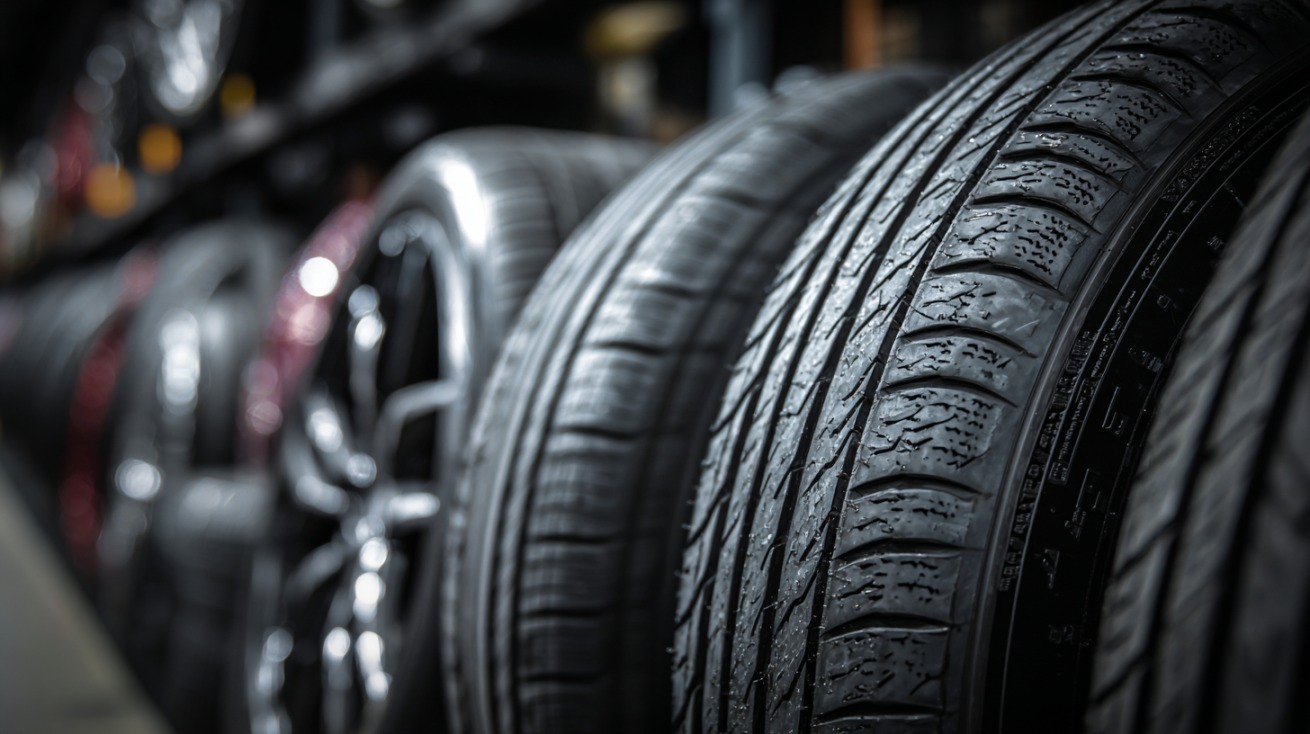
Fullway Tires occupies a strong position in the market’s value segment. Designed for consumers seeking affordability without severe performance sacrifices, their pricing structure makes them accessible to a wide audience.
Value is determined by balancing purchase price, expected lifespan, and performance quality.
Cost Comparison
Price remains one of the main reasons for Fullway’s popularity. A set of four tires typically costs between $200 and $500, depending on size and model.
Compared to brands like Michelin or Goodyear, the price is roughly half, offering a clear economic advantage.
- Significant savings for budget buyers
- Various size options affecting the total cost
- Great choice for fleet owners or delivery drivers
- Lower long-term replacement expenses
Drivers benefit most when combining low purchase costs with regular maintenance to extend usability.
Cost vs. Performance
Performance aligns well with price expectations. Fullway provides reliable traction and comfort, but shorter tread life compared to premium models.
A lifespan of 30,000 to 50,000 miles is typical, yet proper care can improve longevity.
- High value despite moderate durability
- Effective daily performance for low cost
- Shorter tread wear offset by affordability
- Maintenance plays a crucial role in lifespan
For drivers who prioritize savings over extended warranty coverage, Fullway represents a practical investment.
@clower.btw unc reviews Fullway tires Longevity – 3/7 – on the soft side but not horrible Looks – 2/7 – ugly stretch mediocre sidewall PSI – 3/7 holds up to 50 but anything more risks snapped belts and other problems Blow-ability – 6/7 Strong cord, never had one blow out on me. They tend to get damaged but not give out #stance #tire #review ♬ original sound – clower.btw
Durability and Longevity
Durability depends largely on maintenance habits and driving conditions.
Fullway tires are designed for 35,000 to 50,000 miles of use, with wear bars integrated into the tread to signal replacement time.
Regular upkeep extends their life and improves safety.
- Regular rotation every 6,000–8,000 miles
- Maintaining correct tire pressure
- Checking alignment after road impacts
- Using built-in wear indicators for timely changes
With attentive maintenance, drivers can achieve performance that rivals more expensive brands at a fraction of the cost.
Compatibility and Use Cases
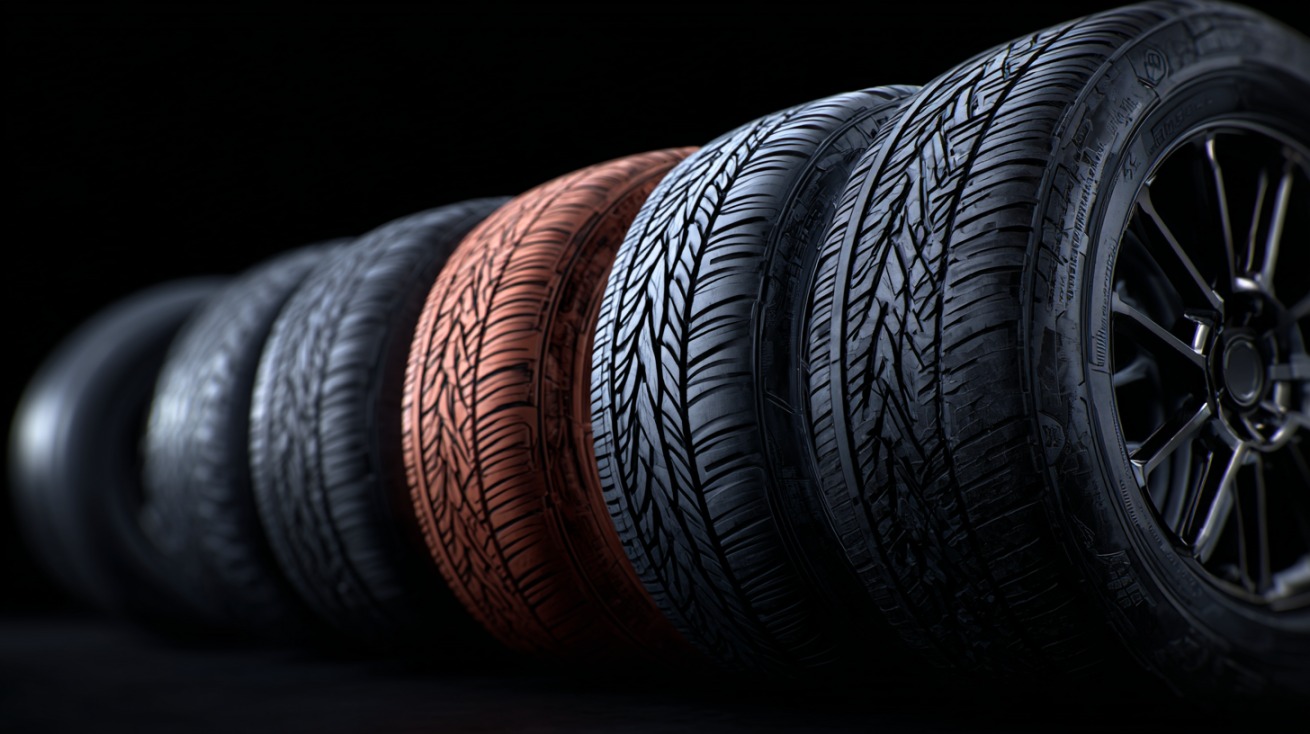
Fullway Tires serve a range of vehicles and driving environments, but perform best under specific conditions.
Their design favors urban and highway use, focusing on comfort and safety rather than extreme capability.
Best Use Scenarios
Ideal driving environments highlight how Fullway Tires deliver consistent reliability.
- Daily commuting for short and medium distances
- Family and personal vehicles
- City deliveries with frequent stops
- Light highway cruising
- Moderate climates without extreme temperature changes
Drivers who avoid harsh terrains or aggressive speeds find consistent value and durability in these conditions.
Not Ideal For
Certain conditions reduce Fullway’s effectiveness, especially where traction demands exceed typical design limits.
- High-performance sports vehicles
- Off-road or rugged environments
- Regions with severe snowfall or icy roads
Those seeking long-term use under demanding conditions should consider higher-tier brands with specialized features for sport, winter, or off-road performance.
Brand Background
Fullway Tires is manufactured by Qingdao Fullrun Tyre Corp., Ltd., a Chinese company established in 2003.
Operating within an ISO-certified facility, the brand has gained recognition for producing dependable and inexpensive tires across a range of vehicle categories.
- Passenger cars
- SUVs
- Light trucks
- Crossovers
- Light trailers
The company focuses on affordability and accessibility, making tire ownership easier for those who prefer functional products at reasonable prices. Over the years, Fullway has managed to maintain consistent quality standards, positioning itself as a practical choice for consumers worldwide.
@smoothperformanceoffroad 24×12 Fuel Clash W/ 305/35R24 Fullways #spo #ford #fordtrucks #fordperformance #fordf150 ♬ nhạc nền – L i o n 🧸્᭄͜͡ – 𝐋 i ⵔ 𝐧🧸્᭄͜͡
Are Fullway Tires Worth It?
Fullway Tires provides solid value for average drivers seeking affordable reliability. They perform well for commuting, family trips, and general city use.
For those on a budget, the balance between cost, comfort, and durability makes them worth considering.
Drivers prioritizing performance, extreme weather capability, or off-road functionality may find better options elsewhere.
Read more: Check out the review on Hankook tires, are they better or worse? Find out here!
